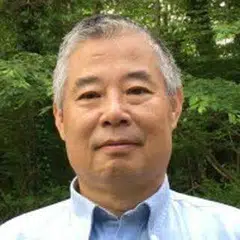America has itself to blame for its decline
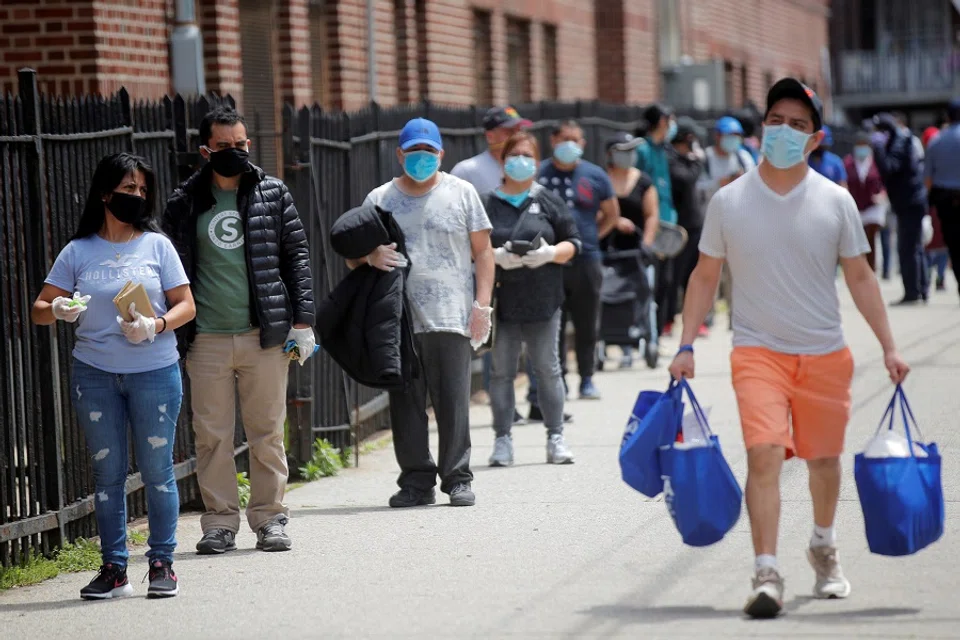
China's unfair trading practices accounts for the US's decline and China's rise, claim politicians such as US President Donald Trump, US Secretary of State Mike Pompeo, former Trump chief strategist Steve Bannon, and academics such as Michael Pillsbury, author of The Hundred-year Marathon: China's Secret Strategy to Replace America As the Global Superpower. This claim demonstrates that US politicians lack self-awareness and self-reflection.
Substance abuse a serious problem in the US
Americans consume about 70% of the world's drugs. Drugs can be seen in every corner of American society. According to the Monitoring the Future (MTF) survey data on drug use in college-age adults aged 19-22, the 2018 use of marijuana in this age group is about 43%. In 2019, nearly 200 drug overdose deaths were recorded each day. Over 65% of prisoners in the US have substance use disorders (SUDS).
An average of 120 students were arrested for drug abuse every weekend in the vicinity of the university that I was previously teaching at. During a faculty meeting, my colleague had requested the school to take law enforcement seriously and eliminate drugs from the school. But how do we eliminate them, I asked. If the school eliminated drugs, the school would be no more.
Yet, the US government willingly spends huge amounts of money and resources to arrest and incarcerate drug traffickers, instead of using them to educate and help youths overcome their drug addiction.
Substance use is a social problem - parents, teachers, and even government officials take them. The school is simply incapable of eradicating drugs. An older classmate of mine who used to work at the Office of the Vice President was once arrested for drug trafficking. He became a student again after his release, and told me that people at the Office of the Vice President all took drugs. Some of my students also had parents or siblings who almost died of overdose. They themselves had such experiences as well.
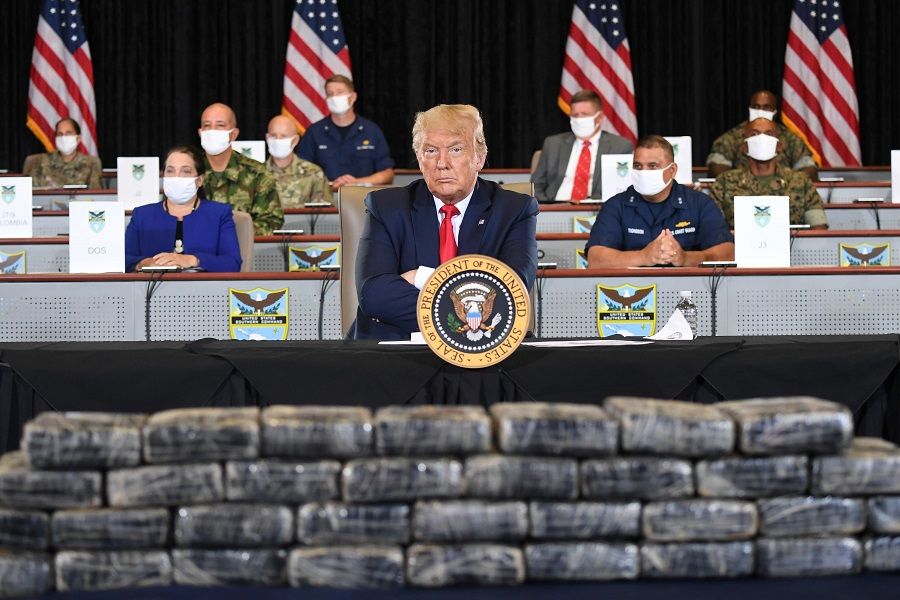
I bumped into a former student at the school gym. He told me that he has kicked his drug addiction and was feeling much better. He wanted to become a personal trainer and asked if I knew of anyone who needed one. Who could have imagined that he would die from a drug overdose the very next day in the student hostel? At his memorial service, his parents said with great sorrow that they knew this day would come sooner or later.
The wealthiest 1% of American families possess over US$35 trillion in assets, equivalent to the total assets of middle-class families between the 50th and 90th percentile.
The damage that drugs have brought to American society cannot be measured with money. Think about the 70,000 to 80,000 lives lost to overdose each year. Countless families are destroyed as a result. Yet, the US government willingly spends huge amounts of money and resources to arrest and incarcerate drug traffickers, instead of using them to educate and help youths overcome their drug addiction.
Widening income gap and poor public education system
The US's wealth gap is also the largest among the G7 countries. The wealthiest 1% of American families possess over US$35 trillion in assets, equivalent to the total assets of middle-class families between the 50th and 90th percentile. Close to 60% of Americans cannot handle a sudden need for US$500 in an emergency. 2012 Republican presidential candidate Mitt Romney previously estimated that 47% of Americans did not pay income tax. To keep poor Americans fed, the US government spends over US$1 trillion in various kinds of relief programmes every year, exceeding the amount it spends on the military.
To a certain extent, the US's welfare policies have robbed the poor of their human dignity.
The poor who receive financial assistance from the government in the US are badly ostracised, with some even calling themselves "white trash". Labour makes a man, and man finds his value through labour. Instead of giving them the fish, the US government should teach its poor to fish. To a certain extent, the US's welfare policies have robbed the poor of their human dignity.
Problems with America's public education system are also clear as day. About 15% of students fail to graduate from high school. The teaching system in the public schools of some major cities are messy as well.
...50% of the students in his school and those in public schools across North Carolina came to school hungry.
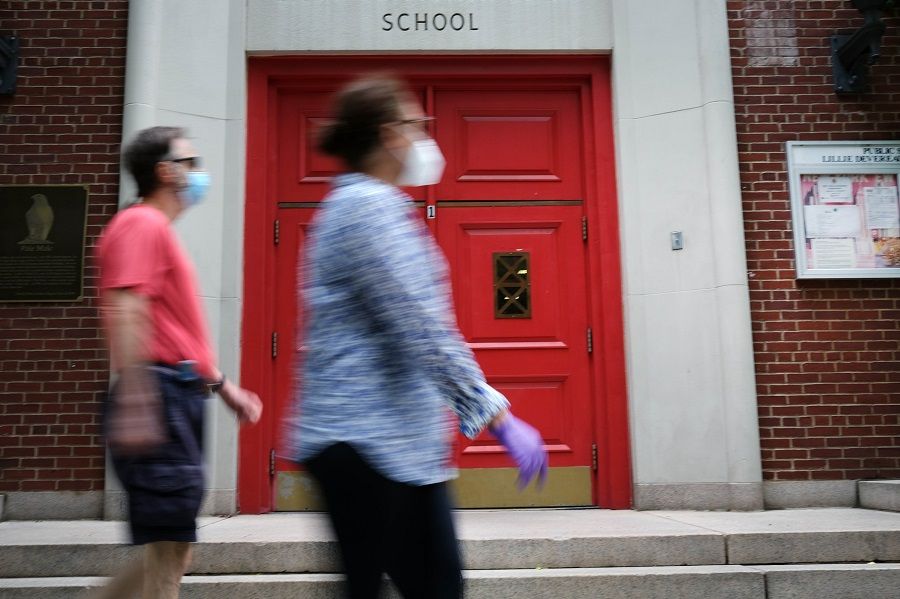
North Carolina, the state I am at, receives the second lowest amount of government funding for public education. A friend who teaches Mathematics at a public school in the city of Charlotte told me that he had once used oranges as a teaching tool for a lesson. A few students went up to him and requested for the oranges, leaving him baffled. He then learnt that these children did not have breakfast and were asking for the oranges as they were hungry. On further investigation, he realised that 50% of the students in his school and those in public schools across North Carolina came to school hungry.
Based on US government policies, children from low-income families can eat lunch in school for free or at a subsidised cost. However, many poor families are ineligible for free meals as they do not fall within the fixed low-income standard, despite the fact that they cannot afford lunch. An online video showing a school canteen staff taking away a free meal from a student who was ineligible for it drew much outrage. The staff would be fired if he did not do so; however, it was also cruel to take away the lunch of a hungry student. School canteen staff are thus left in a difficult situation.
The US is one of the wealthiest countries in the world. It spends over US$700 billion on its military every year, accounting for 40% of the world's total military spending, or the total military expenditure of the next ten countries after the US.
Can the US blame China for these problems? Of course, American politicians and academics will not reflect on the US's own problems.
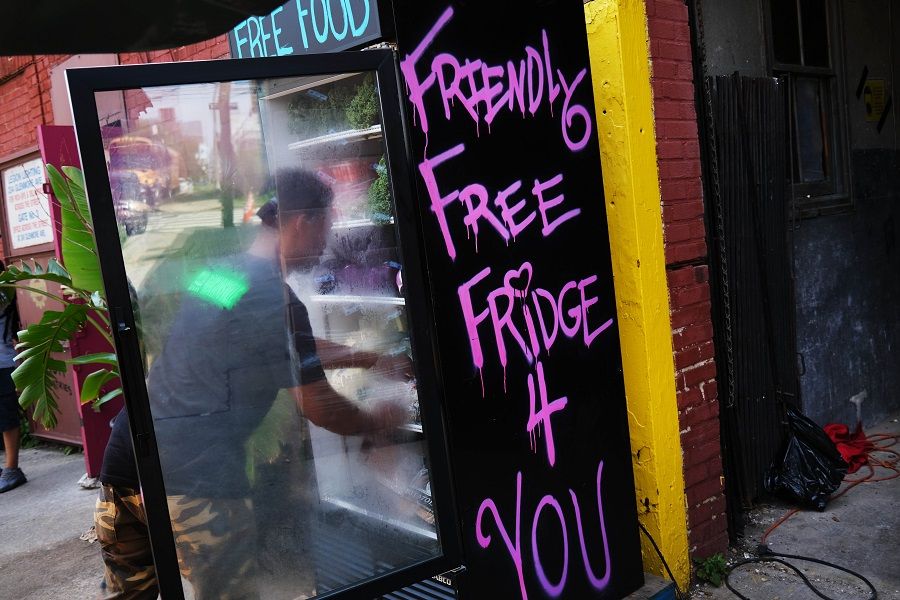
While the US has less than 5% of the world's population, it is home to 25% of the world's prisoners. It spends over US$50,000 a year on each prisoner incarcerated but refuses to feed the children of its poor. How can hungry children focus on studying?
These are the real reasons for America's decline. Can the US blame China for these problems? Of course, American politicians and academics will not reflect on the US's own problems. They will continue to push the blame to China and lie to its people. But there is a limit to doing so. They cannot fool them forever. Once the people learn the truth, they will be in deep trouble.
